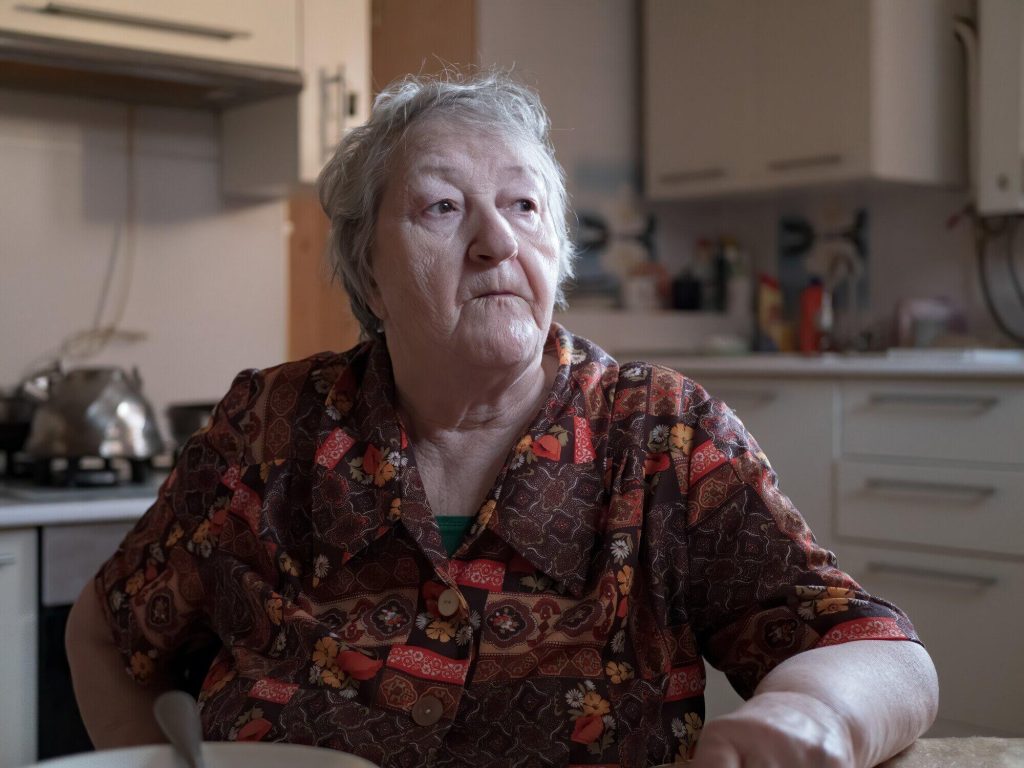As people grow older, changes in memory and thinking can make everyday life harder. For seniors with Alzheimer’s or dementia, staying healthy and happy requires more than medical help-it also needs patience, kindness, and steady support. Memory care communities are designed to provide that balance.
In this article, you’ll learn how memory care improves safety, comfort, and overall quality of life for older adults.
What Is Memory Care?
Memory care is a special kind of senior living that helps people with memory loss or confusion. It is different from regular assisted living because it focuses on cognitive support and emotional care. Trained caregivers know how to handle the challenges that come with dementia while showing compassion and respect.
Seniors in memory care benefit from specialized memory support services. These programs include personalized care plans, daily routines, and activities that encourage mental engagement.
Safe and Supportive Environments
Safety is one of the most important parts of memory care. Seniors with dementia may wander or become disoriented, which can be dangerous. Memory care communities are built to prevent these risks and protect residents.
The spaces are designed for easy movement, with wide hallways, clear signs, and calming colors. Many facilities have enclosed gardens where residents can walk freely without worry.
Personalized Care and Support
Each senior experiences memory loss in their own way. That’s why memory care focuses on personal attention. Caregivers take time to learn about every resident’s:
- medical background
- habits
- personality.
They use this information to design daily routines that feel familiar and comforting. Whether it’s playing a resident’s favorite song, helping them with hobbies, or talking about meaningful memories, this approach creates trust and connection.
Supporting Mental and Emotional Health
A major goal of memory care is to support emotional well-being. Seniors take part in activities that keep their minds active and spirits lifted. Art, music, and light exercise can help improve memory and mood. Games, puzzles, and storytelling also encourage mental engagement.
Social connection is another key part of memory care. Group activities and shared meals give residents opportunities to build friendships and feel part of a community.
Promoting Physical Health and Nutrition
Physical wellness plays a big role in mental and emotional health. That’s why memory care programs include gentle exercises like walking or stretching. Regular movement helps with:
- balance
- coordination
- relaxation
Meals are also an important part of care. Residents enjoy nutritious food made to suit their health needs and tastes. Caregivers help during mealtimes when needed, creating a calm and enjoyable dining experience.
Family Involvement and Peace of Mind
Memory care not only helps seniors-it also supports families. Caring for a loved one with memory loss can be stressful and emotional. Memory care communities give families peace of mind, knowing their loved ones are safe and cared for by professionals.
Families are encouraged to visit often and take part in activities. Many programs also keep families informed with updates about their loved one’s health and progress.
A Path to Comfort and Dignity
Memory care gives seniors the chance to live with dignity, safety, and joy, even when facing memory challenges. Through personalized care, engaging activities, and a supportive environment, residents can live meaningful and comfortable lives.
If someone you love is struggling with memory loss, consider exploring memory care communities near you. With the right care and compassion, seniors can continue to enjoy each day with comfort, confidence, and purpose.
Looking for more tips to help you out? Check out what else we have available on our blog!







